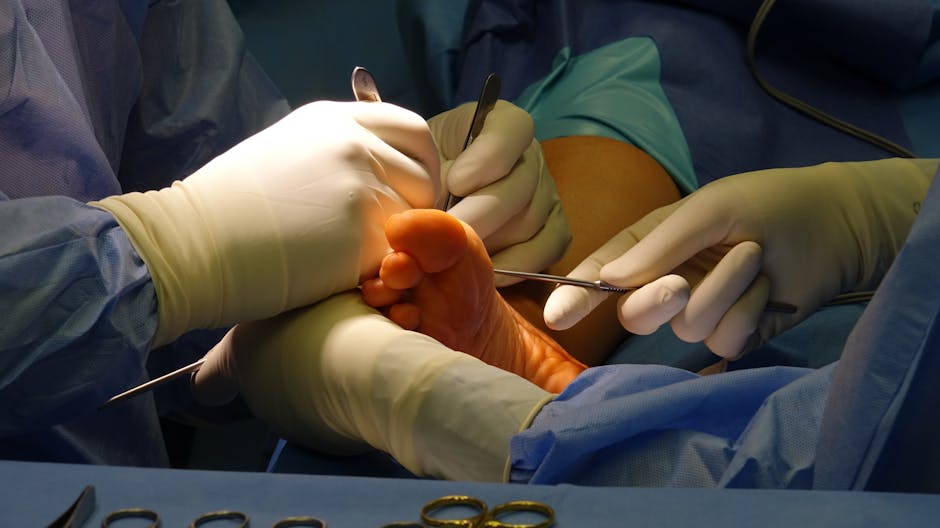Last Ebola Patient Discharged in DR Congo, WHO Announces
In a significant milestone, the World Health Organization (WHO) has announced the discharge of the last known Ebola patient in the Democratic Republic of Congo (DRC). This marks the end of the 12th Ebola outbreak in the country, which began in February 2021. The news brings hope to a nation that has battled the virus for decades and underscores the importance of global collaboration in combating infectious diseases.
A Symbol of Resilience
The discharged patient, a 40-year-old woman from North Kivu province, received treatment at an Ebola treatment center in Butembo. Her recovery symbolizes the resilience of both the Congolese people and the healthcare workers who have tirelessly worked to contain the outbreak. “This is a moment of celebration, but also a reminder of the need for continued vigilance,” said Dr. Matshidiso Moeti, WHO Regional Director for Africa.
The Latest Outbreak: A Recap
The recent outbreak, which claimed 12 lives and infected 23 people, was declared on February 7, 2021. It occurred in the same region as the 2018-2020 Ebola epidemic, which was the second-largest in history, with over 3,400 cases and 2,200 deaths. The recurrence of the virus in the DRC highlights the challenges of eradicating Ebola in a region with limited healthcare infrastructure, ongoing conflict, and dense populations.
Progress in the Fight Against Ebola
The response to this latest outbreak demonstrated significant progress. Vaccination campaigns played a crucial role in curbing the spread of the virus. Over 3,000 people, including healthcare workers and contacts of confirmed cases, received the rVSV-ZEBOV Ebola vaccine. This vaccine, developed during the 2014-2016 West Africa Ebola outbreak, has proven highly effective in preventing the disease.
Key Strategies in Outbreak Control
In addition to vaccinations, rapid case detection, community engagement, and improved treatment protocols were key to controlling the outbreak. Local health workers, supported by international organizations like WHO, Médecins Sans Frontières (MSF), and the African Union, worked tirelessly to trace contacts, isolate cases, and provide care. Community leaders also played a vital role in educating people about the virus and encouraging them to seek treatment early.
The Road Ahead: Challenges and Solutions
Despite this success, experts warn against complacency. The DRC remains a hotspot for Ebola due to its dense forests, frequent interactions between humans and wildlife, and the presence of the virus in animal reservoirs. “The risk of future outbreaks remains high, and we must remain prepared,” said Dr. Moeti.
The end of this outbreak also raises questions about the long-term strategy for Ebola prevention and control. Strengthening healthcare systems, improving surveillance, and increasing vaccine accessibility are critical steps. The DRC government, with support from international partners, must continue to invest in these areas to prevent future epidemics.
A Global Health Priority
The global community must remain committed to supporting countries vulnerable to infectious diseases. The COVID-19 pandemic has shown that health crises anywhere can quickly become threats everywhere. “Ebola is not just a problem for the DRC; it is a global health security issue,” said Dr. Moeti.
Lessons for the Future
As the DRC celebrates this victory, the lessons learned from this outbreak must guide future responses. The collaboration between local communities, governments, and international organizations is a model for tackling other infectious diseases. The discharge of the last Ebola patient is a testament to what can be achieved when the world comes together to fight a common enemy.
A Glimmer of Hope
While the battle against Ebola is far from over, this milestone offers a glimmer of hope. It reminds us that with determination, innovation, and solidarity, even the most formidable challenges can be overcome. For now, the people of the DRC can breathe a sigh of relief, knowing that the latest Ebola outbreak has been contained. But the world must remain vigilant, for the fight against infectious diseases is never truly over.




